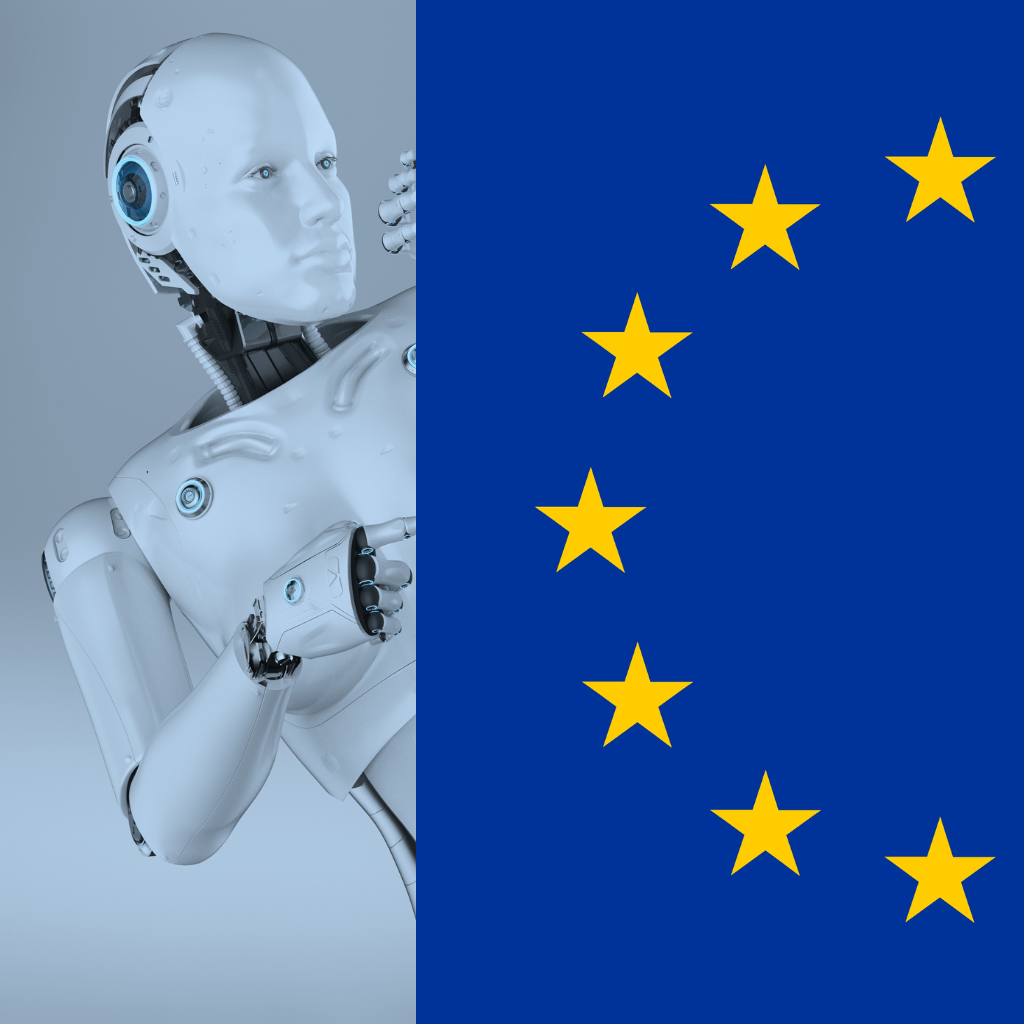Europe can't achieve AI prosperity on the data of others
If European data is not available to train AI models, then it stands to reason that any European AI experience will be crummy, inaccurate, or reflect poor public data.

If you've heard anything from the swanky flag-draped corner offices in Brussels, you know the EU wants "in" on the AI arms race. It's been an obsession of the Commission and related bodies.
Now that the AI Act is at least partly in force, and the European AI Office is beefing up its staff to help implement the regulations cross the continent, the practicalities of the EU's regulatory project on artificial intelligence are becoming clearer.
But some parts aren't adding up.
Beach at odds with Brussels' global AI ambitions are the trapdoors of existing data and privacy regulations plus steep penalties imposed on "gatekeepers" and other digital firms. Not to mention the difficultly of understanding what steps entrepreneurs must take before they can ever offer their services to consumers.
As I've mentioned on EU Tech Loop before, various data and privacy rulings (and lobbies) make it legally difficult to source any training data from European citizens and sources.
This poses a problem for generative AI models that are the most popular application format for users.
If I'm Belgian, and I want to use an AI app to get the best advice on how to analyze a legal document for starting a bakery in Liège or Ghent and compare that with those who have tried in Brussels, would I be able to get accurate information? If I am in Germany and I want to query for reviews or posts on the best doctor in my city, would anything appear?
If European data is not available to train AI models, then it stands to reason that any European AI experience will be crummy, inaccurate, or reflect poor public data. Rather, Europeans will end up being reliant on AI tools sourced by data in the US, Canada, or in Asia. It's an impossible Catch-22 for consumers who want to try cool stuff and entrepreneurs who want to serve them.
As covered by Fred Roeder, a recent open letter published online in October by a host of AI researchers, companies, and consumer groups calls for "regulatory certainty" on the EU's approach to open-source AI models, ensuring that data will be available to use to provide value to European citizens in the coming AI revolution.
But thus far, European consumers know that they've been left behind.
When new AI products have been announced by companies like Claude, Apple, and Meta, there have been regulatory or public pressure efforts to stop them lest they be breaking some kind of European data or privacy rules, not to mention the AI Act.
The highly anticipated feature of mirroring your iPhone on you Mac computer, for example, is blocked in the EU for this very reason. Why are Europeans being deprived of innovation and how long can this continue?
This entire scenario is a predictable one.
There are perhaps thousands of busybodies, regulators, and NGOs who each want their hand at creating restrictions for how foundational models, generational models, and applications source and output their data.
The number of people able to jump through those hoops as coders and entrepreneurs, on the other hand, is small.
The process has been made difficult and has already generated far more questions than are answered in the existing guidance from European or even member state authorities.
The EU's regulatory bodies have created their own taxonomy for a normative model of how AI companies, models, and applications are supposed to work.
The biggest error, we should note, is that no one knows how to best build up and scale an AI company. Entrepreneurs learn by "doing" and finding the most efficient, cost-effective, and productive ways that will return the most amount of value.
If these structures that spontaneously organise happen to conflict with the AI Act's vision of how they're supposed to be, how can this be rectified without
Europe offers creators, founders, and builders a highly detailed treasure map, filled with bridges, tunnels, and obstacles to overcome, but no X that marks the spot.
How can this be overcome?
More targeted guidance and flexibility will be key to enabling Europeans to create AI tools that consumers want. But we will also have to be vigilant that we don't give way to the naysayers who want to impede progress.
This means Europe will have to stop allowing its version of the tort lawyer lobby, known here as a hodgepodge of "data and privacy" NGOs, who make their money suing (mostly American) companies in court to effectively guide regulations and innovation.
One only need look at the irony of Europe's richest man, Bernard Arnault, suing the world's richest man, Elon Musk, because Musk's social media platform X allows users to post links to Arnault's consortium of French media outlets – without compensation, the horror!
This lawfare is only one element of the cross-continental strategy to try to benefit from AI without allowing data to be sourced here.
Consumers want relevant information they can use in tools that keep up with their needs and demands. Open-source models and applications have so far delivered this to many of us who know how to use it, but what about everyone else?
One interesting proposal written in these pages by Lika Kobeshavidze posits that the EU can learn from regulatory sandboxes to allow some flexibility before swinging the regulatory hammer. This may be a worthy cause. But more targeted reforms will be necessary.
Because if the European Union and its authorities want its citizens to both be entrepreneurs and consumers in artificial intelligence, it will also mean adapting normative rules for the realities of creativity and innovation.

